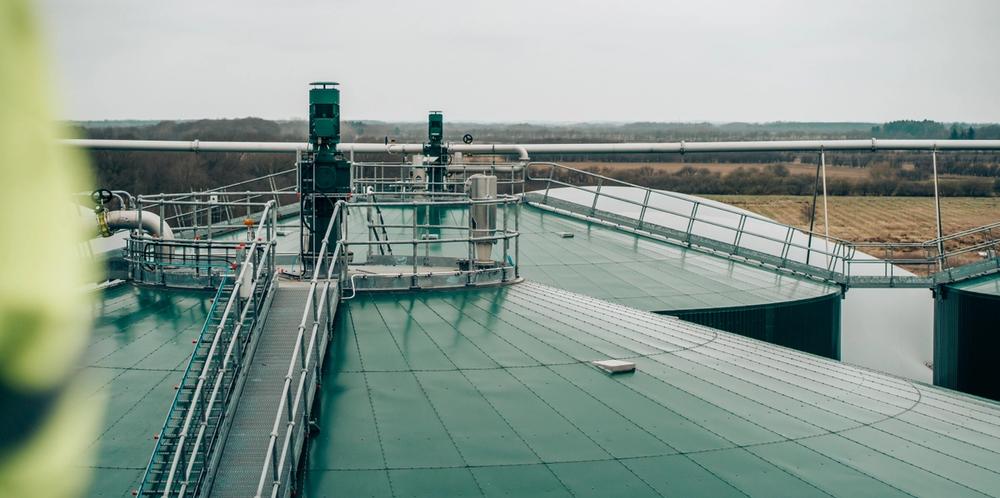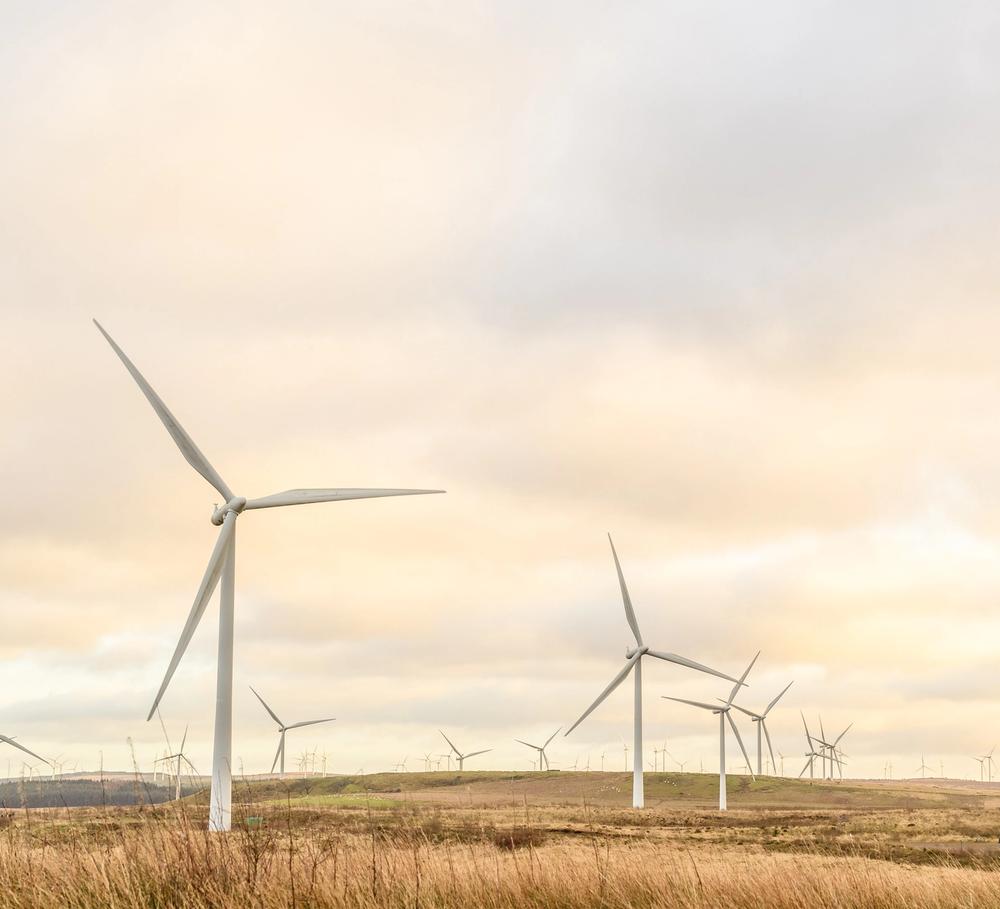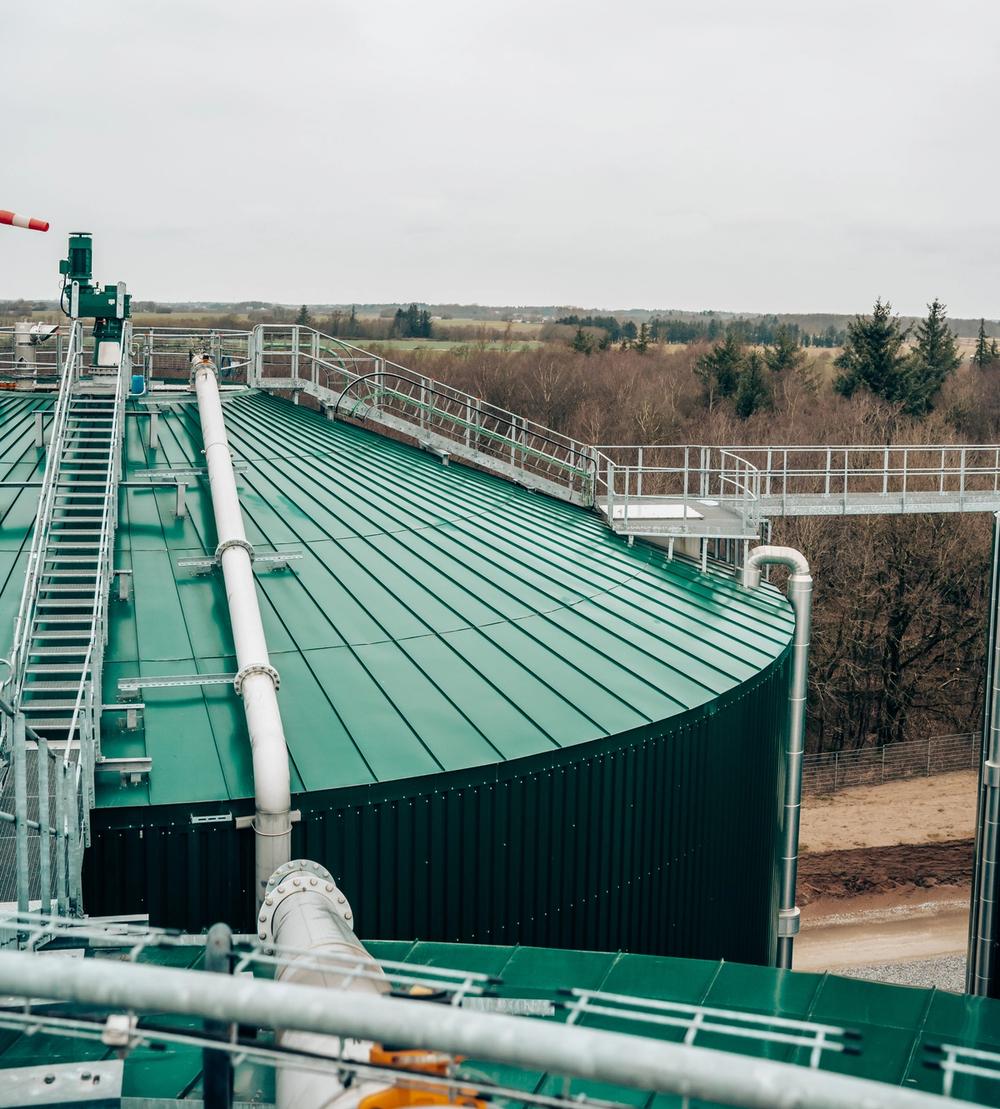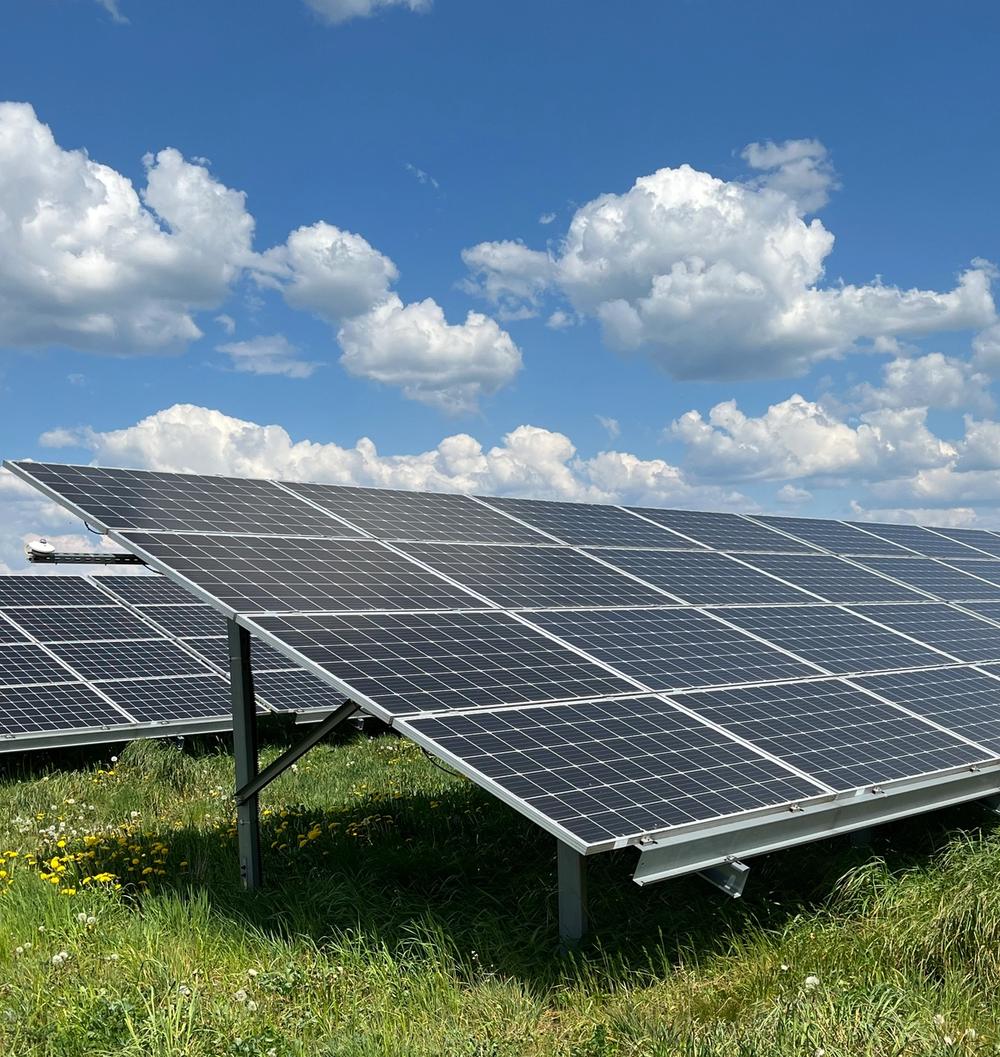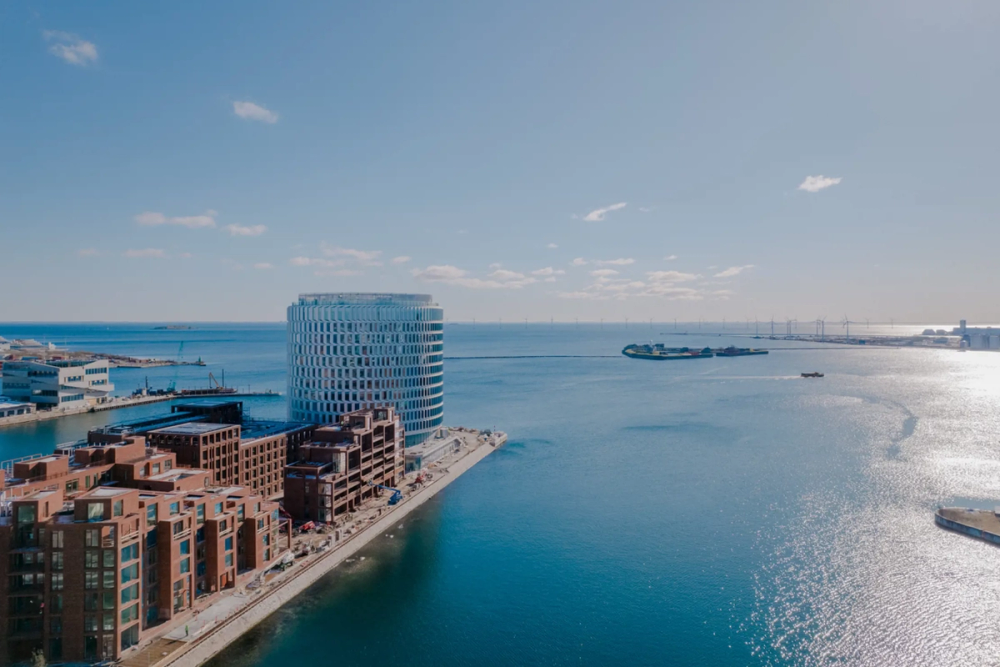
Copenhagen Infrastructure Partners, a global leader in renewable energy
The project developer, Copenhagen Infrastructure Partners (CIP), is a Danish investment fund and a global leader in renewable energy, with a portfolio of €32 billion. CIP currently has more than 50 new renewable infrastructure projects under construction or in operation around the world.
CIP plays a key role in the energy transition by investing in renewable energy infrastructure that contributes to the goal of carbon neutrality by 2050. Through its projects, the aim is to create added value and contribute up to 1% of global CO2 emissions reductions.
Industry professionals with proven experience
Biogas Hautrage is led by an experienced and committed team specializing in the development of biomethanization projects. In Denmark, the company already operates two similar units, giving it proven and confirmed expertise.
The approach of the team in charge of the project is based on solid technical expertise, in-depth knowledge of agricultural and environmental issues, and a strong desire to build an exemplary project. Convinced of the benefits of biomethanization, the team is putting all its energy into a local, concrete, and positive project.
Alongside Wallonie Entreprendre, CIP is making its debut in Belgium with an investment of nearly €200 million.
An accelerating energy transition
Faced with the climate emergency, geopolitical tensions, and dependence on imported fossil fuels, Europe is accelerating its energy transition. The goal is to guarantee a secure, stable, and sustainable energy supply.
In this context, biomethane appears to be a strategic, local, and effective solution, complementing traditional renewable energies.
Belgium is one of the largest consumers of gas per capita in Europe, but currently produces almost no natural gas.
Wallonia, in particular, remains heavily dependent on imports. Developing local renewable gas production is therefore a priority.
Biogas Hautrage is part of this dynamic, in line with European and regional objectives, to strengthen energy independence while reducing CO₂ emissions.
To achieve its goal, Europe needs to significantly increase its biomethane production by 2030.
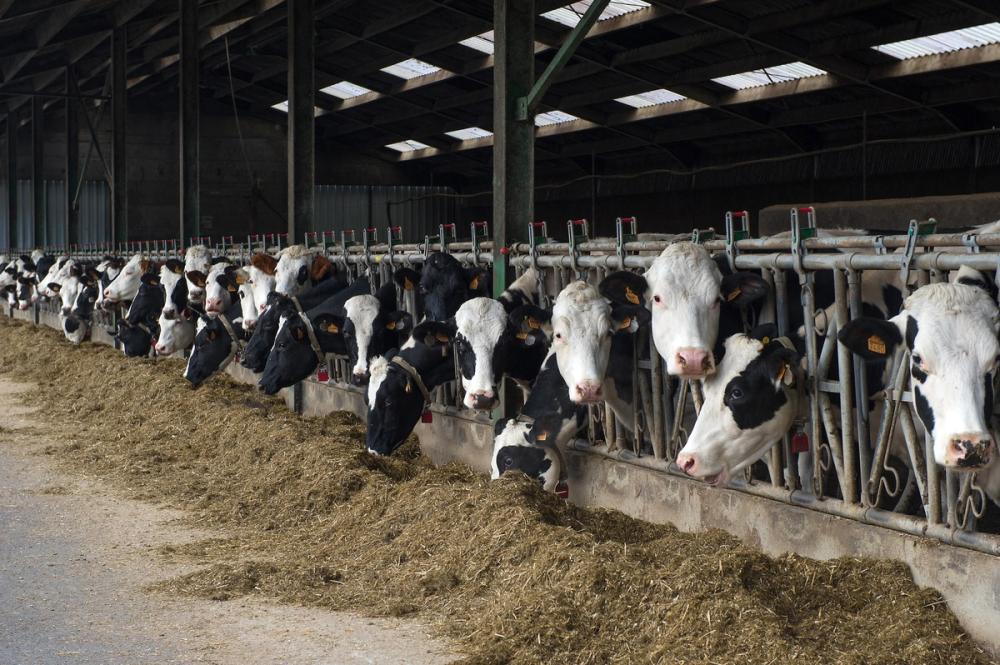
Biomethanization in Wallonia
In Wallonia, the sector is still young but promising. The region currently has 63 units, only three of which inject biomethane into the grid. Together, they produce 123 GWh per year, out of a total estimated potential of 7,656 GWh according to the 2030 Air, Climate and Energy Plan (PACE).
The Biogas Hautrage project aims to change the scale: with 340 GWh produced each year, it will represent nearly three times the current production in Wallonia, while promoting local agricultural resources.
This initiative illustrates the central role that biomethanization can play in reducing dependence on fossil fuels, decarbonizing the economy, and strengthening Wallonia's energy independence, while supporting the agricultural sector.
Any questions?
Whether you are a local resident, a farmer interested in collaboration, or simply curious, our team is here to help.

